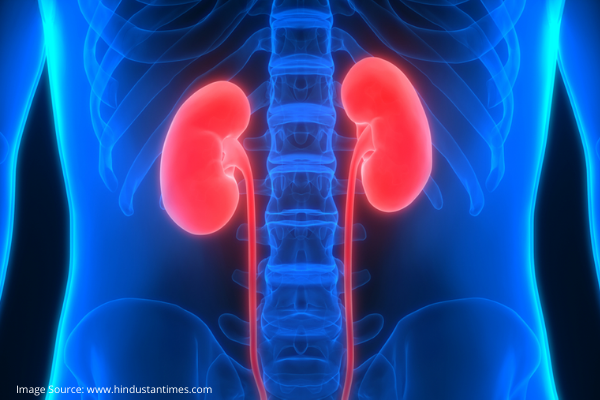

LIFE AFTER KIDNEY TRANSPLANT

Life after a kidney transplant can be as fulfilling and productive as it was before. The key to recovery and maintaining your new found health is moderation and understanding your body’s limits. You can still work, travel, or hang out with friends. In fact, interactions and communication that you enjoy will make you buoyant and boost your recovery. However, following some simple guidelines will ensure a healthy and successful recovery that can be sustained throughout your life.
A few lifestyle changes, recommended medications and medical check-ups should form part of your life.
Healthy diet: A healthy diet is a basis to a healthier you. It will improve your chances of recovery and will help you stay on a steady path progress. Eating a variety of good-quality food and on time is at the core of any health plan. In the initial stages of your recovery, you doctor will indicate various foods that may pose a risk of food poisoning, like unpasteurised milk, cheese or yoghurt; uncooked meat or eggs; food prepared in unhealthy conditions, etc. Stick to fresh food, preferably cooked at home in a clean environment. Fruits, vegetables, food prepared with wholegrains, milk and dairy, meat, fish, eggs, should be included in your diet in a balanced manner.
Exercise: Diet and exercise go hand in hand. After surgery, you will be weak. Suggested activities should be followed strictly to avoid straining yourself. Once you are given the go-ahead, you can start with recommended mild exercises and step up as you go. Your exercise regimen must be monitored and should be under the guidance of an expert. Start gradually and include various activities that gel into your routine. Walking, swimming, cycling, or any sport. Excess body weight should be gradually reduced. You will achieve success with a planned diet and regular exercise.
Smoking: Quit smoking. This is strongly recommended. Smoking can affect your new kidney and can also expose you to the risk of various types of cancer.
Alcohol and illegal drugs: It is preferable that you avoid alcohol. If you are an individual who desires to consume alcohol or are socially pressured to, speak to your doctor and learn about the recommended limits. Spacing your intake by days and amount of consumption is important. Alcohol can raise blood pressure which can be in turn dangerous for a person who has had a kidney transplant.
Illegal drugs should be avoided completely. It can wreak havoc on your system and can put you in real danger. All medications should be cross checked with your doctor. Not all medications may agree with you especially with the specific medications that you are required to have post-transplantation.
Immunosuppressants and your immune system: You may be on immunosuppressants after you receive a kidney. This is so that your body does not reject the new kidney. However, in the long term you immunity might be on the low side and you will be vulnerable to infections. A few checks and preventions can help you stay away from catching an infection. Avoid contact with persons who are suffering from contagious diseases, wash your hands always and practise good personal hygiene, if you are wounded, clean the wound immediately and cover it with sterile dressing. Discuss you vaccines with your doctor, as vaccines with live viruses are not recommended after kidney transplants. Get prompt medical attention if you suspect you have an infection. Symptoms of infection can be fever, headache, aching muscles, vomiting, upset stomach, etc.
Pregnancy and sexual activity: Women are recommended not to get pregnant for at least a year after surgery. Speak to your doctor regarding sexual activity, as individual health differs. It is generally recommended that sexual intercourse be avoided for a month or more after surgery to ensure complete healing.
A better life
Life after kidney transplant requires steady commitment on your part. From the point you are out of surgery, you will be on a slow but steady progress towards a better life with your new kidney. However, your constant care and attention are required to take care of yourself. Dedicated involvement in your self-care is the most important factor in ensuring a successful transplant.














